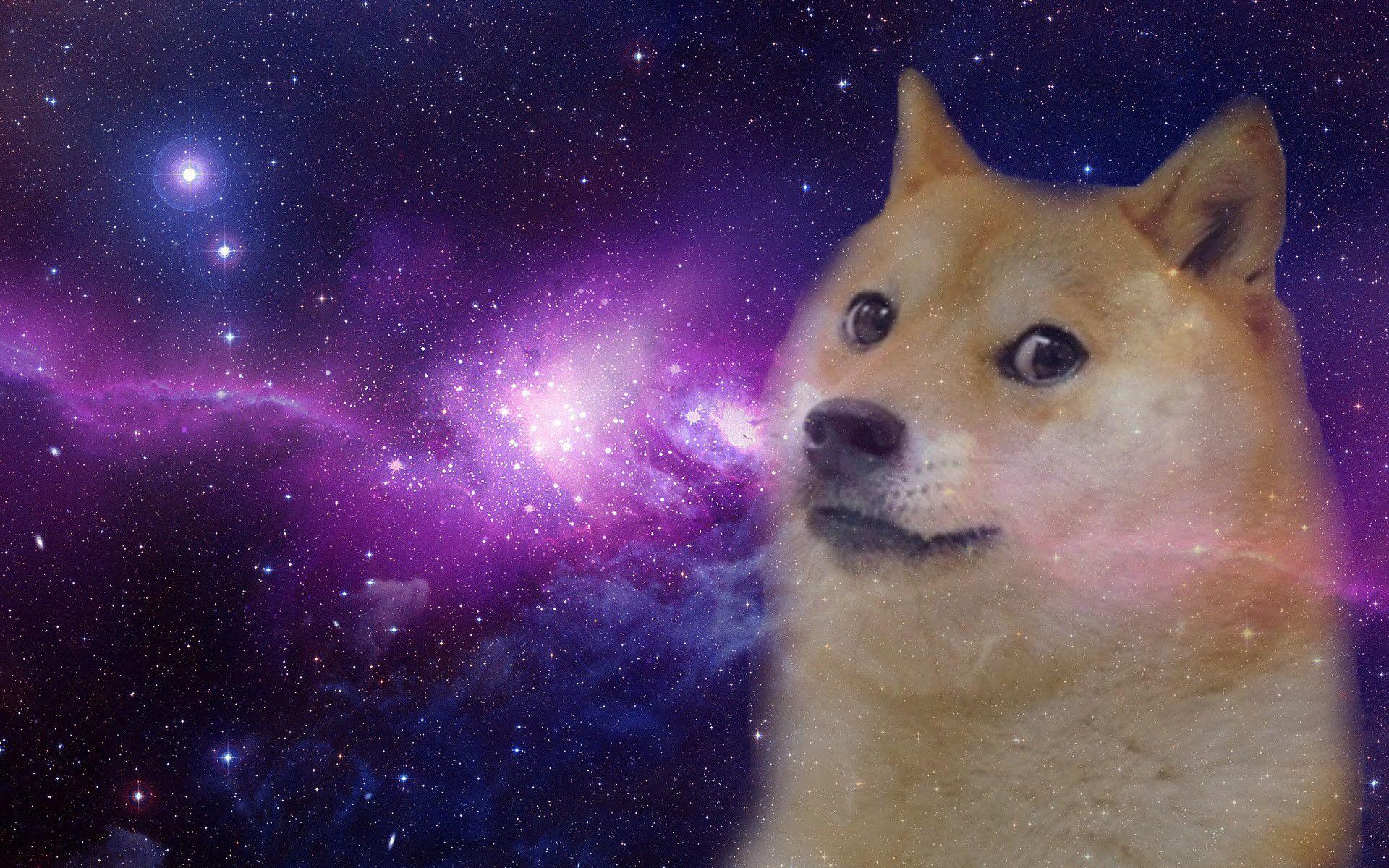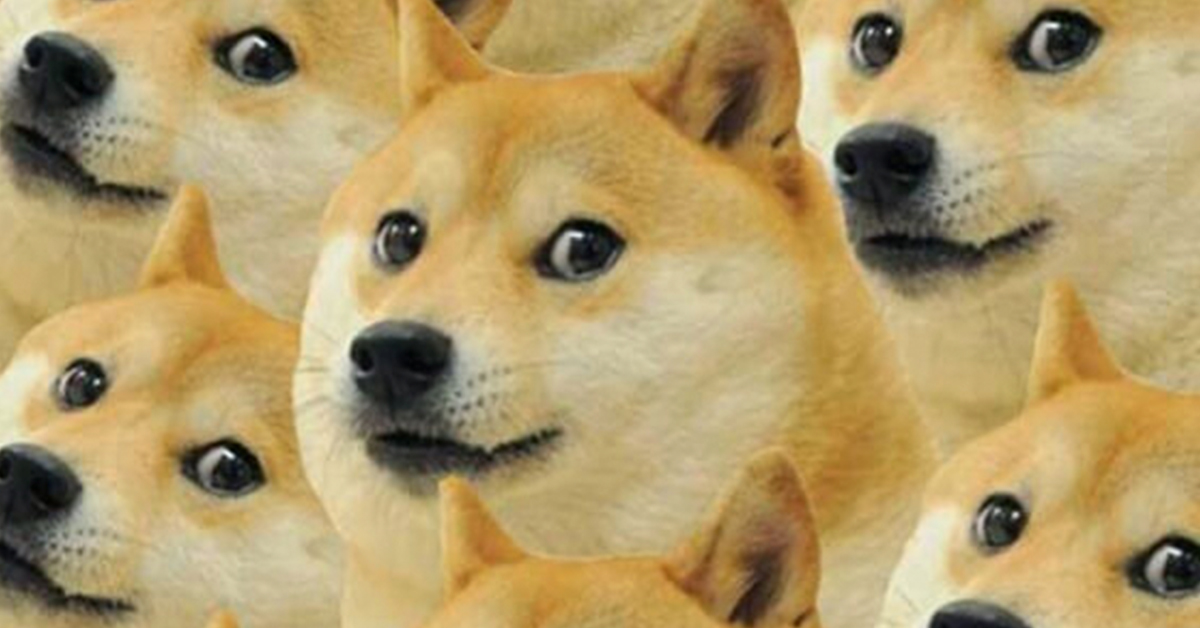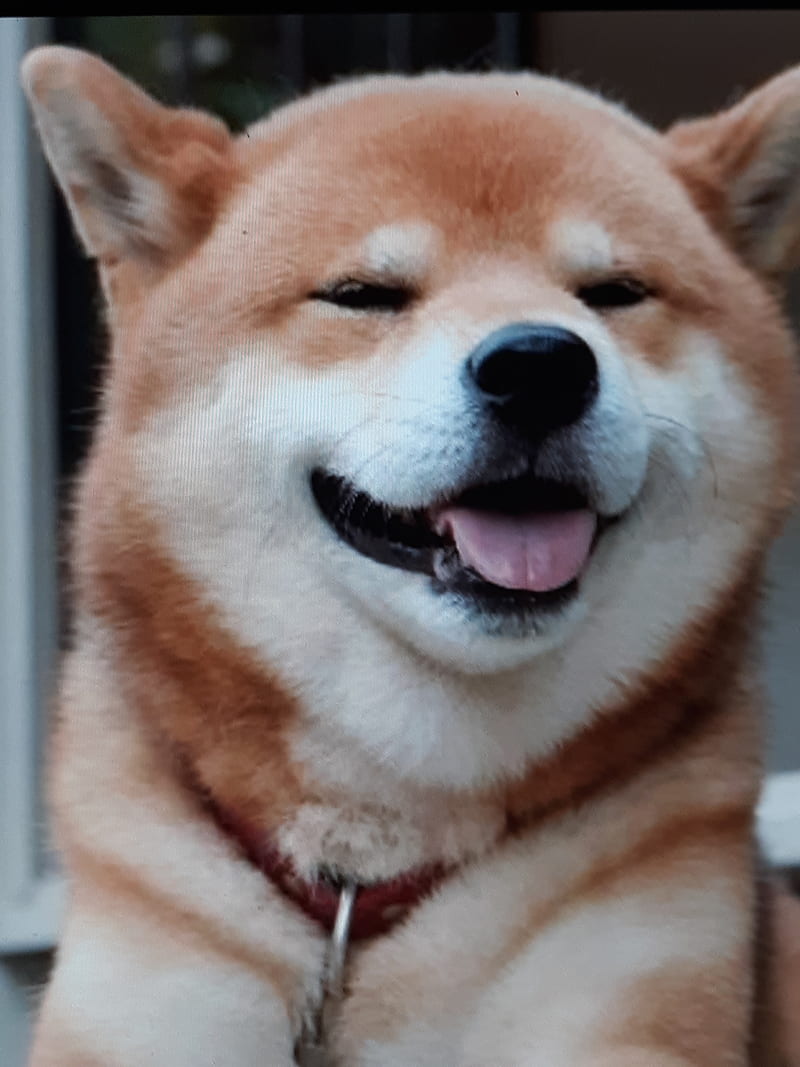Doggo Daily - Your Guide To Internet Pups
It’s almost like, when you really stop and think about it, a dog, especially around this time of year, could probably get a lot of good out of having a little fitness tracker, you know, something to keep tabs on all their zoomies and walks. We often see our furry friends just doing their thing, but sometimes, their activity levels might surprise us if we had a way to keep track of them, which is pretty interesting, in a way. This idea of monitoring a pet’s movements, it just sort of pops up when you consider how much they move about, or so it seems.
And speaking of our canine companions, it’s quite common now for a dog to be called a "doggo" in what people refer to as "doggolingo." This particular way of talking about dogs has really taken hold online, which is kind of neat, if you ask me. It’s a playful term that captures a certain feeling about dogs, don't you think? It’s not just a simple word change; it brings with it a whole vibe, you know, a sort of internet charm that makes you smile when you hear it, or see it written out.
This "doggolingo" isn't just some random collection of words; it’s actually an internet language that people have put together using things like converting words, bits and pieces from meme culture, and sounds that imitate noises, like a bark or a woof. It started popping up, more or less, in the 2010s, and it’s been growing ever since. It’s pretty fascinating how a whole new way of communicating can just sort of appear and become so widely used by folks who spend time online, isn't it? It’s a testament to how creative people can be with language, actually.
Table of Contents
- What Exactly is Doggo Daily Speak?
- How Did Doggo Daily Get Its Start?
- Doggo Daily in the Meme World - A Good Boy Story
- What About Doggo Daily and Weratedogs?
- Doggo Daily - More Than Just a Cute Internet Term
- Who is Doggo Daily's Esports Player?
- Personal Details for Doggo Daily's Esports Player
- Doggo Daily - Final Thoughts
What Exactly is Doggo Daily Speak?
So, when we talk about "doggo," it’s, like, an internet slang term that people use for a dog, you know? It’s pretty simple, really, but it carries a certain kind of playful feeling with it. This word is often linked up with another term, "pupper," in various online communities that share ironic memes. It’s kind of interesting how these words get paired together and used in a specific way within these groups, giving them a special meaning that goes beyond just calling a dog a dog. It’s a whole little world of language, in a way, that has sprung up around our four-legged friends.
The term "doggo" is often described as a meme noun, pronounced something like "daw-g-go." It’s, basically, a slang word for a dog, as we’ve touched upon. But what’s really cool is how it’s used. Internet users, you know, people just browsing around online, will often use a picture of a doggo to show how that particular animal is a "good boy." It’s a way of expressing affection and admiration for dogs, sort of a universal nod to their lovable nature. It’s a simple, yet very effective, way to convey that warm, fuzzy feeling you get from seeing a happy dog, isn't it? This practice, it just kind of shows how much people appreciate their pets, or animals in general, really.
How Did Doggo Daily Get Its Start?
The origin of "doggolingo" as an internet language is pretty straightforward, actually. It’s something that came about through a mix of different linguistic tricks, if you want to call them that. You’ve got word conversion, where words are just sort of changed slightly to fit the playful tone. Then there’s the meme lexicon, which is, basically, a collection of words and phrases that have become popular because of internet memes. And finally, there’s onomatopoeia, those words that sound like the noise they describe, like "woof" or "bork." All these elements came together to form this unique way of speaking about dogs online, which is quite fascinating, really.
This particular internet language, doggolingo, it started showing up, more or less, in the 2010s. So, it’s not something that’s been around forever, but it’s had a good run of about a decade or so now, maybe a little more. It’s interesting to see how a new form of communication can just sort of emerge from the digital spaces people inhabit. It’s like a natural progression of how language can adapt and change, especially when people are interacting quickly and informally online. It’s, you know, a pretty clear example of how internet culture can shape the way we talk, or so it seems.
Doggo Daily in the Meme World - A Good Boy Story
Internet users, you know, the folks who spend time browsing various websites and social media platforms, they have a particular fondness for using pictures of doggos. And why do they do this? Well, it’s often to show how a dog is, to put it simply, a "good boy." This isn't just about a dog following commands; it’s about their inherent charm, their loyalty, their playful spirit, and all those qualities that make dogs so beloved. It’s a simple, yet incredibly powerful, way for people to express their affection and admiration for these animals online, which is pretty wholesome, actually.
This practice of sharing doggo pictures to highlight their "good boy" status has become a staple in online communities. It’s a quick visual shorthand that everyone understands, regardless of where they are in the world. A picture of a happy doggo, maybe doing something silly or just looking adorable, can instantly convey that feeling of warmth and joy. It’s a testament to the universal appeal of dogs, and how their presence can just sort of brighten up anyone’s day, or so it seems. This kind of interaction, it’s a pretty big part of what makes online spaces feel friendly and connected, you know?
What About Doggo Daily and Weratedogs?
There’s a certain truth to the idea that the real big wave of the modern "doggo" phenomenon, you know, the one that really took off, happened around 2016 and 2017. This period saw a huge boost in popularity, thanks in large part to the "weratedogs" Twitter account. That account, it just kind of captured something special, didn’t it? It gave people a place to celebrate dogs in a unique and often humorous way, which really resonated with a lot of people online. It was, more or less, a turning point for how widely recognized and loved the term "doggo" became in popular internet culture, you know?
The "weratedogs" account, it had a particular style that made it stand out. It wasn't just sharing pictures of dogs; it was rating them, often with witty comments that added to the charm. This approach, it really helped to solidify the "doggo" concept in the minds of internet users. It was a place where people could consistently find new and delightful dog pictures, accompanied by captions that reinforced the idea of dogs as these lovable, often funny, creatures. This kind of consistent, positive content, it just sort of helped to spread the "doggo" idea far and wide, didn't it? It’s a pretty good example of how a single platform can influence a whole trend, actually.
Doggo Daily - More Than Just a Cute Internet Term
While "doggo" is definitely a fun and informal internet slang term for a dog, it also has some other, slightly different, meanings that are worth noting. For example, there's a phrase, "lying doggo," which has a completely different origin and meaning. This phrase, it suggests a situation where someone is staying hidden or very still, waiting for something. It’s not about being a cute pup on the internet; it’s about being inconspicuous, or so it seems. This contrast, it just kind of shows how words can have multiple layers of meaning depending on their context, doesn't it?
From Project Gutenberg, there's an instance where someone was described as "lying doggo on the bottom waiting for a fat convoy that should be hugging the shore when." This really highlights the traditional usage of the term. It means staying low, being completely still and quiet, perhaps to avoid detection or to ambush something. So, while the internet "doggo" is all about cuteness and fun, the "lying doggo" phrase carries a sense of stealth and patience. It’s a pretty clear example of how language evolves and how the same word can take on completely different connotations over time, which is kind of interesting, really.
You can find many examples of "doggo" used in sentences, both in its modern internet slang form and in its older, more traditional sense. Seeing these different uses side by side can really help to show how versatile language can be. It’s, you know, a good way to understand that a single word isn't always limited to just one meaning. Sometimes, a word can have a whole different history and a different set of associations, depending on where and how it’s used. It’s pretty neat how words can carry so much history and different implications, isn't it?
Who is Doggo Daily's Esports Player?
Beyond the internet slang and the traditional phrase, there's also a person named 邱梓銓, who is known as an esports player. He’s, you know, quite a talent in the world of competitive gaming. Specifically, he plays a game called League of Legends, which is a pretty popular title in the esports scene. His role on the team is typically the bot laner, which is a specific position within the game that requires a lot of skill and coordination. It’s interesting how a name, or a nickname, can cross over into different fields, isn't it? It’s a testament to how widespread the influence of certain terms can become, actually.
Currently, 邱梓銓 plays for a team known as CTBC Flying Oyster. This team is part of the professional League of Legends circuit, competing against other top-tier players and organizations. Before joining CTBC Flying Oyster, he was actually known by a different name in the gaming community. He was previously known as "Doge," which is another term that has its roots in internet culture, similar to "doggo." It’s kind of cool how these internet-born terms can become aliases for professional players, showing how much online culture influences even serious competitive fields, or so it seems.
Personal Details for Doggo Daily's Esports Player
For those interested in the details of this particular esports competitor, here’s a quick look at some of his personal and professional information, which is pretty straightforward, actually. It’s always helpful to have a clear picture of someone’s background when they’re involved in a public field like professional gaming. This kind of information, it just sort of helps to round out the story of who they are and what they do, you know? It provides a little more context for his presence in the competitive gaming scene.
| Name | 邱梓銓 |
| Current Team | CTBC Flying Oyster |
| Game | League of Legends |
| Role | Bot Laner |
| Previously Known As | Doge |
Doggo Daily - Final Thoughts
So, we’ve taken a little look at how the word "doggo" and the language "doggolingo" have come to be, starting from their appearance in the 2010s as a fun internet way of talking about our furry friends. We’ve explored how these terms are used online, often with pictures to show how a dog is a "good boy," and how accounts like "weratedogs" really helped to make "doggo" a household name in the online world, or so it seems. It’s pretty clear that this playful language has a strong connection to internet meme communities and onomatopoeia, which is kind of neat, really.
We also touched upon how "doggo" isn't just about internet cuteness; it has an older meaning, like in the phrase "lying doggo," which means staying still and hidden, as seen in historical texts. And, you know, we even saw how the term has crossed over into the world of esports, with a professional League of Legends player, 邱梓銓, having been known by the alias "Doge," which is, like, pretty similar in its internet origins. It’s fascinating how a simple term can have so many different facets and applications, isn't it? It just goes to show how words can really take on a life of their own.

Doggo Wallpapers - Top Free Doggo Backgrounds - WallpaperAccess

Doggolingo: A Guide to the Internet's Favorite Language

What Kind Of Dog Is Doggo